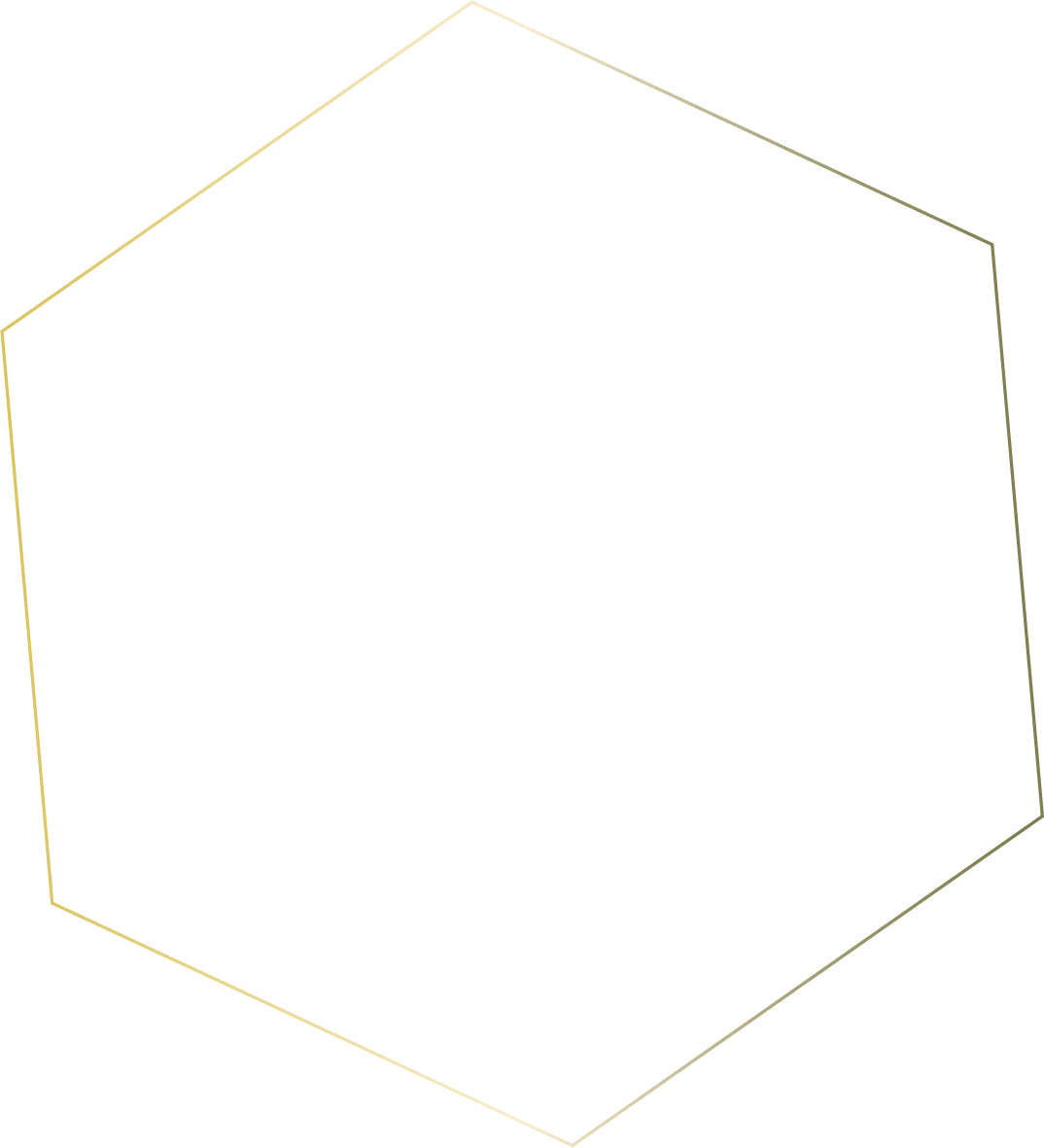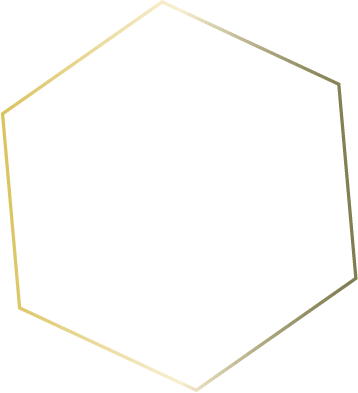





Today I am pleased to meet Joël Luc Cachelin, futurist, publicist and owner of the company Wissensfabrik, who questions, analyses and structures socially relevant trends and developments with his inspiring studies and publications. For me, Joël Luc is one of the most inspiring sources in thought-leadership for intended and unintended future scenarios in the German-speaking area. He points out risks as much as currently overlooked thinking possibilities and potentials. In his latest book «Antikörper» (German only), he asks how we can strengthen the immune system of our society as a whole in order to stay ahead of all kinds of „infections“ that hit us economically, digitally, medically or through our media consumption habits.
Joël Luc, first of all, thank you very much for finding the time for this interview. You call yourself a futurist – did the Covid-19 pandemic surprise you? What could a futurist have predicted or seen coming? How do you understand the role of a futurist in general?
Joël Luc: I have to admit that the pandemic took me by surprise as well. Like many others, I was too focused on digital transformation. But looking back on the warnings of experts, the outbreak of Covid-19 was only a matter of time. Apparently, this knowledge had also diffused into the insurance industry. Recently, the CEO of Munich-Re stated in the NZZ that in the future we all will experience such a pandemic twice in our lifetime. And if one googles, one comes across an interview with the CEO of Swiss Re who, at the end of 2017, predicted that the biggest risk was a pandemic. In general, I see my role in drawing attention to the areas of tension in which we find ourselves.
Personally, I find that you
pick up on social zeitgeist issues with great intuition and analyse them with
creative and substantial imaginative power with regard to future developments.
How do you arrive at your insights in a world that is flooded with information
and disinformation, opinions and fake news? How do you form your opinion? Do
you have certain trustworthy sources of information? What do you avoid?
Joël Luc: Oh, thank you. Well, it is my profession to work close to the spirit of
the time. There is no secret, but I try to observe many things and give account
of the essence of what I have seen. The most essential thing is reading,
reading, reading. For example, every day I check the online portals of various
different newspapers. I discover books analogously in the bookstore, but
sometimes I follow the recommendations of algorithms. Series, novels, visits to
foreign cities and conversations with friends also provide valuable clues about
what is happening to us at the moment.
For you, what constitutes the difference between information and knowledge? And how has this relationship changed since the growing of digitalization, 24/7 news, use of social media and blogs, etc.?
Joël Luc: That is a difficult question, or rather one that is again and again
reflected upon theoretically. I cannot really answer it. But I do believe that
we are confronted with a lot of garbage digitally. On Instagram, every fourth
picture now is an advertisement, whereas a few years ago it was every tenth. If
possible, I always try to cross-check a piece of information to ensure its
accuracy. Perhaps, knowledge arises in the verification of information through
second and third opinions.
How can we defend ourselves against remaining algorithmically controlled and trapped by our own „filter bubble“?
Joël Luc: Not everything about receiving information in a suitable way is bad. Algorithms perceive more than we do, can sift through more information and perhaps even know us better than ourselves to a certain extent. But of course, these echo chambers are also dangerous. In the end, I think there is only one thing that helps: getting your information offline. To observe, to talk, to read. The more you get to talk to people you do not know and are confronted with unfamiliar perspectives, the better.
From your point of view,
what are the biggest media and digital „infections“ or dangers that weaken our
society as a whole and against which we must arm ourselves?
Joël Luc: Fake news. Advertising. People who push the division of society with
their messages. Racism. Generalized judgements and descriptions of minorities. The greatest danger lurks when people are no longer curious – in other words,
when they do not want to know what is behind the knowledge they know, how it is
produced and how and why it is spread. What concerns me is how starkly the
pandemic divides us as a society and how much trouble we have controlling the
virus through simple behavioural rules. We as a society seem to have enormous
difficulty in dealing with the knowledge of experts. In other words, there is
potential for social innovation here.
In the last months of the global pandemic, the word
resilience has been used a lot. Is that what you are trying to describe with
your publication „Antikörper” – how we can create societal resilience?
Joël Luc: Resilience and
anti-fragility are certainly buzzwords that aim in a similar direction. In a
narrower sense, I want to show in the book that earlier pandemics always
brought about socially-relevant innovation. This time will be no different, for
example in the form of intelligently implemented lockdowns, where life can go
on digitally, in the form of novel vaccines based on “gene-based” MRNA
technology, or through rapid testing. But we could also ask ourselves more
actively and further what we will need in the future to be better protected
against medical, economic, media or even IT infections. This would also be an
attempt to put an optimistic spin on the pandemic.
From your perspective, what do you think would be the best „learning“ that we as a society could take away from this crisis? What have you learned personally, professionally and privately?
Joël Luc: By far the most important thing would be that we have to radically
rethink our diet. We need to better respect animal rights and better protect
forests and rainforests. Global meat consumption is the biggest driver of
future pandemics. We do not talk about this.While we are discussing masks, the next pandemic is emerging. That is absurd.
What do you consider to be innovations that strengthen our social immune system? And what not?
Joël Luc: It has to have social value, benefit the collective and be
understandable. In the last few months, I have been in the audience of digital visionaries
several times – and I thought, no, we cannot think about innovation like that anymore. For example, they showed the Pepper-Robot,
which looks cute, but to me does not bring much progress to humanity. In
another lecture, smart glasses were presented, which projected «Don’t Walk»
onto the pedestrian strip for a passer-by in New York. Again, I do not see any advantage over our senses here, this is how we become stultified.
Sometimes asking a question is more relevant than giving answers. In your opinion, what is the most relevant, universal question we should ask ourselves as a modern society?
Joël Luc: How we can decelerate climate change. From the perspective of wealthy nations, antibiotic resistance may be the even more pressing issue. Unfortunately, this problem is amplified by the Covid-pandemic.
What question did I forget to ask you, which would be worth asking and answering?
Joël Luc: What does the past have
to do with the future?
…namely?
Joël Luc: For example, all futures are created in the
past. It therefore makes sense not only to consider where we have come from. In
addition, we could increasingly examine where societies and companies could
have taken different paths in the past that could now lead to exciting
innovations 20, 50, 150 years later.